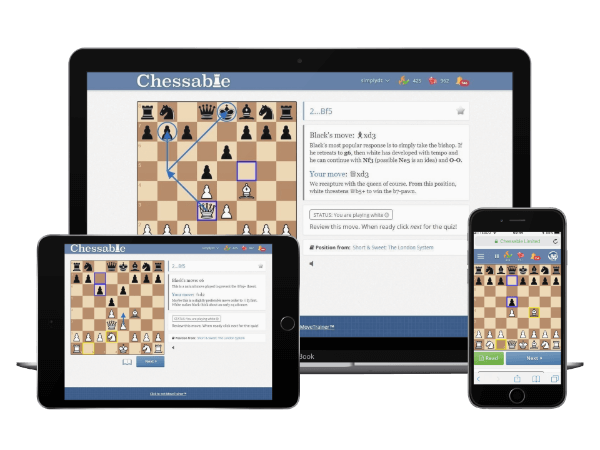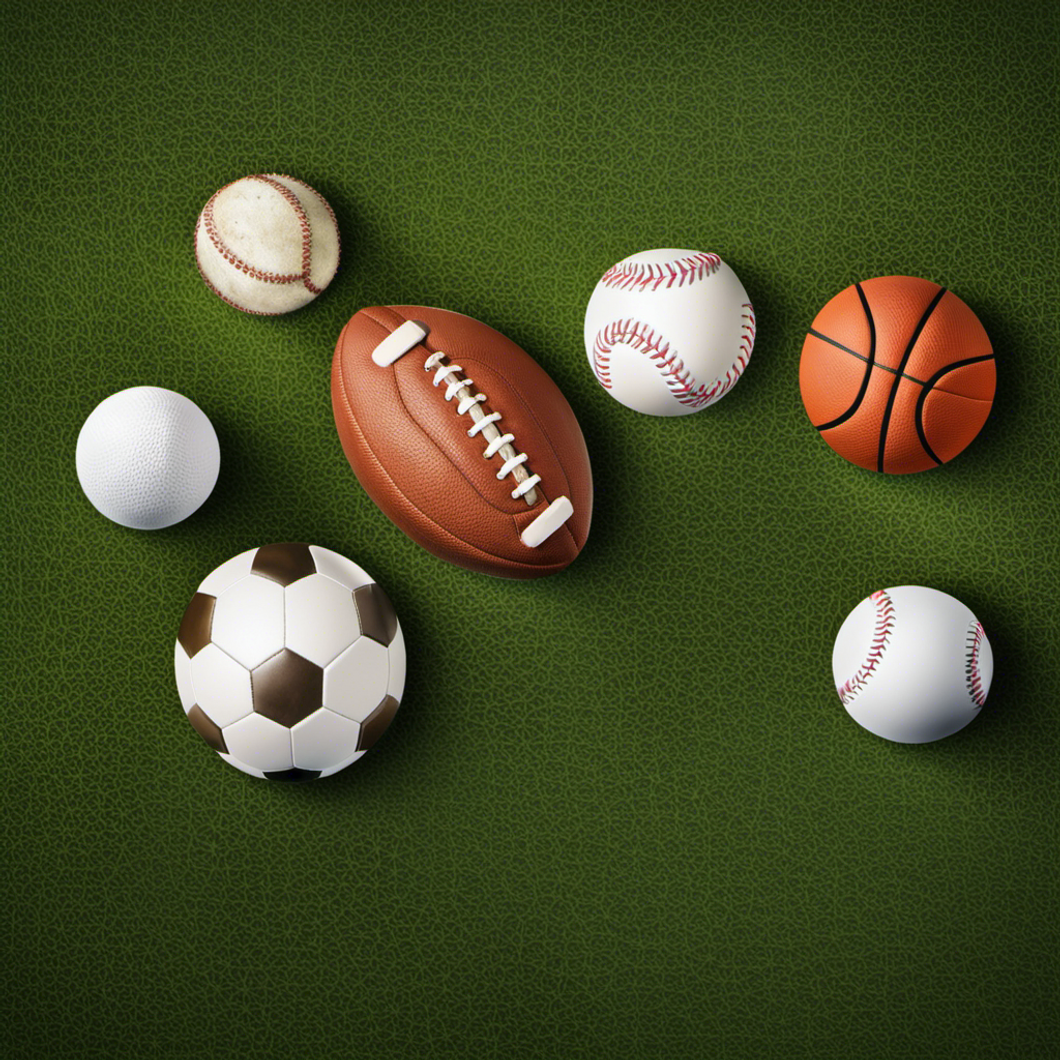- Spaced Repetition. Get the move right, and you won't see it for a while. Get it wrong, and we know it needs some work. Spaced repetition ensures you review only when you need it.
- Dopamine. MoveTrainer has integrated rewards such as points and badges which science shows can enhance the release of dopamine, linked to improved learning and retention.
Chessable is not able to compete against players, or computers. It has chess books that are interactive which are free as well as paid, and strives to ensure that you can improve your chess skills, regardless of the stage you are at. The method used by the company is grounded in the science of chess and the fundamentals of mastering new abilities. It's a method of teaching chess using repeated space. After you have learned the moves you've learned the program prompts you to revisit them after a short period of time. If you are able to remember the moves you don't need to revisit it for a lengthy time. However, in the event that you don't, it'll show you the moves over and over and then schedule a revision little while later. This is similar to a few of the techniques Duolingo employs to teach users new languages. Its effectiveness has been proven.
Chessable has a great points system that gives players a sense of achievement in learning new moves, as well as a daily streak that will keep your interest in learning and also you can earn rubies during the game to allow you to keep your streak even if you are absent for one or two days, in addition to other features. This kind of game-based strategy is popular in the world of free-to-play games and is even employed to excellent effect by applications such as Snapchat. If you pair this strategy with the chess books of experts to can help you improve levels of play start to realize the reason Chessable is now beginning to garner an extensive fan base.
David Kramaley, the co-founder and CEO of Chessable has told Gadgets 360 over email that his close friend (and later founder) IM ( International Master)) John Bartholomew loved the concept of a startup that offered chess instruction however, the road was not easy. He explained to Gadgets 360: "At every point, if feedback was negative, I would have quit. (no one ever used it), I was about to quit). But, I'm an optimistic person and it's likely that quitting was never an alternative."
Kramaley first discovered the Bartholomew's YouTube channel in the early days when it had only 3000 subscribers. He was impressed by Bartholomew's capacity to instruct the art of chess. He thought that the two would make an excellent team, and met to discuss an instructional session of Chessable. "I was honest with him and presented my idea from a self-critical perspective, hoping that he would enjoy it, but at the same time seeking to hear his honest assessment of my best player. It was a blessing that John was impressed by my presentation along with my capability to speak the most complex Chess Theory, and we moved on to the next step,"
"I also faced a lot of difficulties in improving my chess skills, to the point that I believed there might be some truth to the widely believed belief that adults don't have the ability to progress in the game as much as children. I've always had an immense pleasure to be able to learn something new and have always made progress," Kramaley said. "Failing to make progress in the game of chess repeatedly despite the available tools for learning, suggested to me that there's a need for a website that could solely concentrate on improving and learning in the game of chess. Focusing on learning would be our primary and most significant difference from the other sites," he added.
The Dr. Tim McGrew, chairman of the Department of Philosophy at Western Michigan University in the US is seeing an immense improvement in his performance since the addition of Chessable in his training program. The Dr. McGrew is one of the few chess players who actually increase the quality of their FIDE (Federation Internationale des Checs (also known as World Chess Federation) rating at the age of 50, and his goal was to achieve a coveted 2200 rating in the year 2016 when his first use of Chessable. "Conventional wisdom isn't completely incorrect. Chess is a game which is heavily dependent on memory, mental agility and internal 'clock speed as well as things that favor younger players," Dr. McGrew explained to Gadgets 360 over email. "All other things being equal, there's no way anyone at the age of 50 could master and retain as much information as they could when half his age."
But that does not mean you won't be able to enhance your performance as you age. "Just that the mind isn't as flexible and memory as resilient as it was in the past isn't a reason that you can't make progress in these areas. Memory, specifically can be improved through the use of intelligent repetition in space," said Dr. McGrew who has played chess since the age of a child as well as stating that Chessable is a great resource for just this. "...once you've noticed it, the concept is so obvious , it's quite shocking that nobody has ever thought of it before. The benefit of this idea is the fact that it can keep an eye on what you need to look over and reminds you to look over things that you didn't know you had to look over."

















